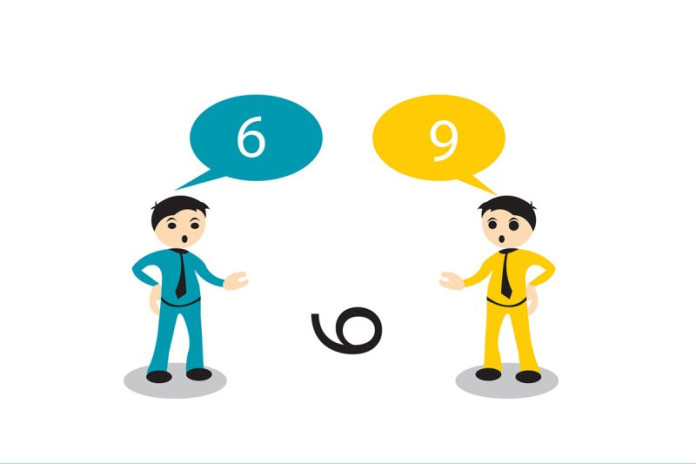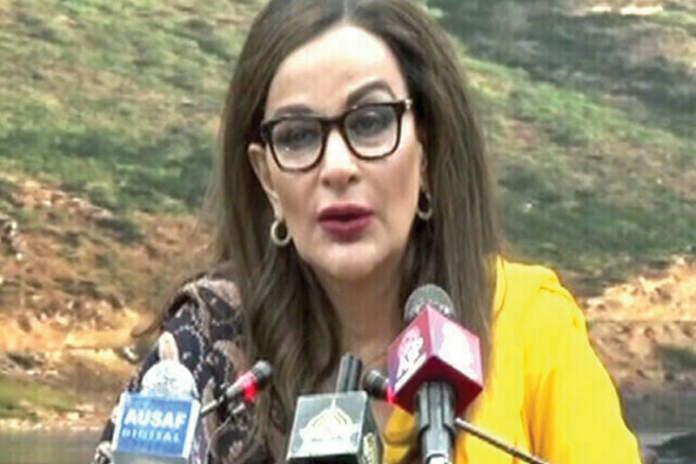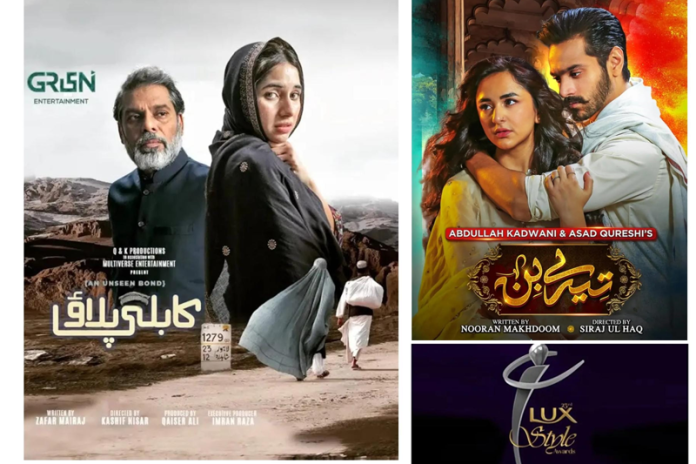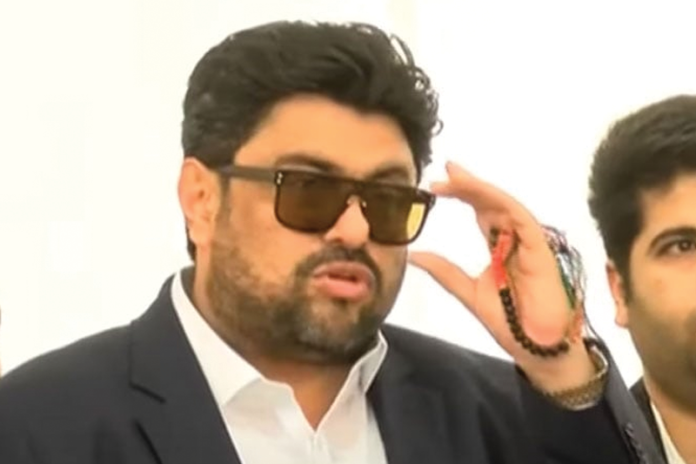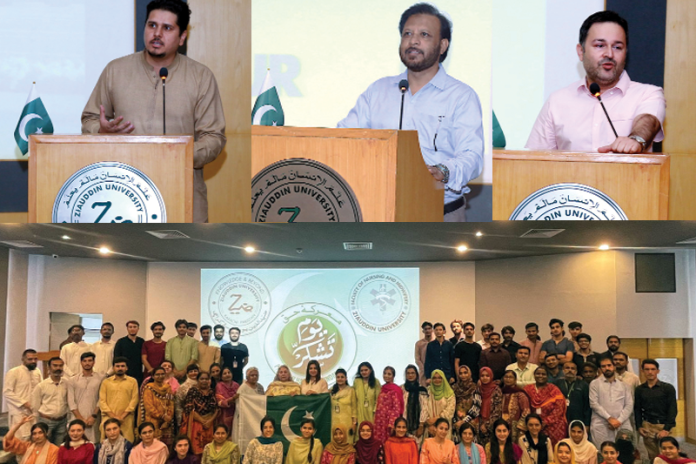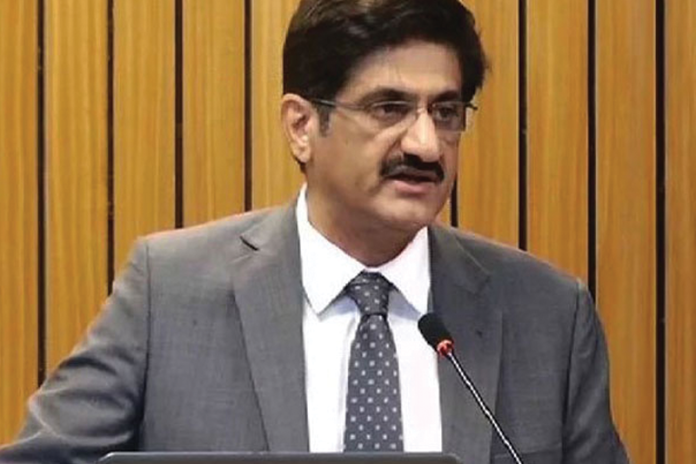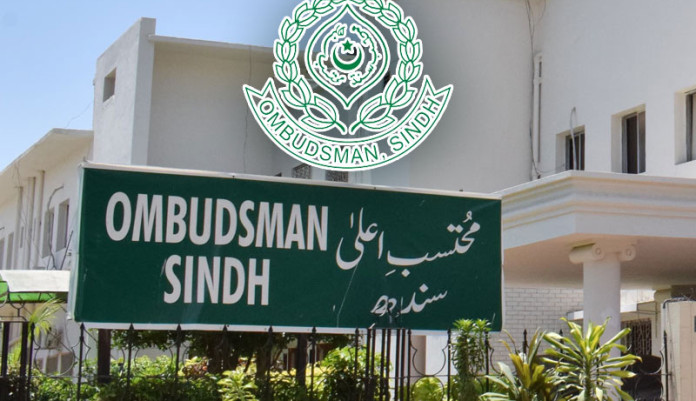Glance on urdu language
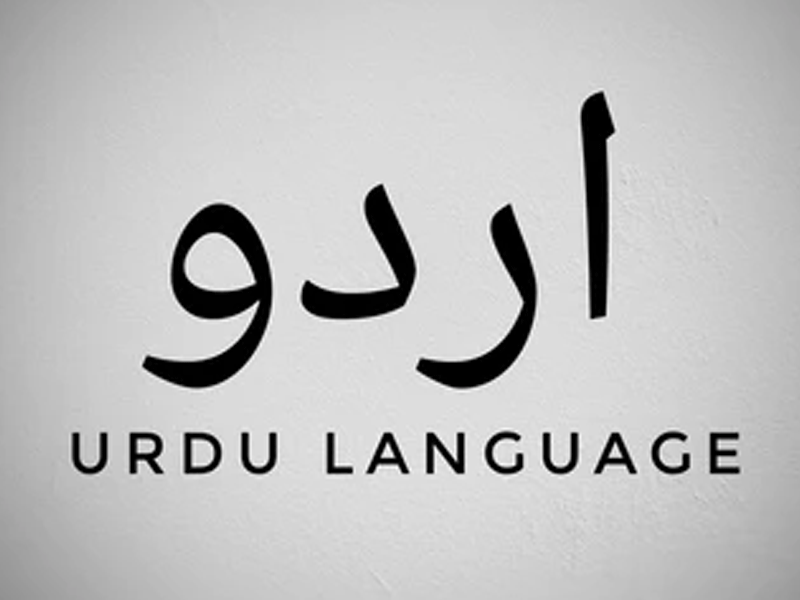
- 359
- 0
It is a historical fact that when two new people or people of different civilizations are introduced to each other, as a result of meeting the needs of life and communication between them, a new culture and language began to pave the way, which gradually became the basis of a country and nation.
By becoming a part of civilization, culture, knowledge and literature, it proved to be the source of development and happiness of this country and nation. As a result of such interaction, mutual relations and adoption, the atmosphere of Urdu became smooth.
In the 11th century, the Urdu language started with the mutual mixing and communication of the two nations. When Muslims came to India, their language was Arabic, Persian or Turkish, so they mostly used their own language in conversation. Because they were not fully familiar with the local language, they started using mixed words for the purpose of expression.
This mixture of local words and language and Indian mood and atmosphere became the source of a common culture and a new language. This language has been known by various names in the historical background namely Rekhta, Hinduvi, Urdu Maali, Hindustani and Urdu. The term Urdu derives from a Turkish word ordu meaning camp or army.
The Urdu language developed between the Muslim soldiers of the Mughals armies who belonged to various ethnicities like Turks, Arabs, Persians, Pathans, Balochis, Rajputs, Jats and Afghans. These soldiers lived in close contact with each other and communicated in different dialects, which slowly and gradually evolved into present day Urdu. It is for this reason that Urdu is also referred to as Lashkari Zaban or language of the army.
Evolution and development of any language is dependent on the evolution and development of a society where that language is spoken. Various invasions and conquests on a place affect the development of its language. Historically, Urdu is a modern Indo-Aryan language, which is also related to the ancient Indo-Aryan languages.
DIFFERENCES AND SIMILARITIES BETWEEN URDU AND HINDI: The relationship between Urdu language and Hindi language is one body and two parts. Both these languages are derived from a dialect i.e. Urdu and Hindi are the same production that has classified Urdu and Hindi as dialects. The only difference is that Arabic-Persian words and influences are more in one and Sanskrit in the other. However, between these two, there is a name called 'Indian', which minimizes the above-mentioned differences and maximizes the proximity to each other in an efficient manner is also sought.
These languages are so closely related that most of the time there is no difference other than the script. A beautiful example of the relationship between Urdu and Hindi is that the words of relatives are the same in both places, such as father, brother, sister, tea, uncle, etc. Urdu and Hindi words, letters, structure of sentences, active and passive symbols, in our voice, the rule of making verbs, pronouns together with idioms and idioms are the same in a large number. The sentence structure is also the same in both Urdu and Hindi i.e. subject, object and verb like the boy ate food and gave money to his brother etc. Conjunctions used in Urdu Hindi are also the same. The rule of making plurals in Urdu is also the same. Why do you fight with women, why do you fight with women, etc.
The active participles are also the same in both languages. Arabic-Persian words and idioms are used more in Urdu writing and Sanskrit words are used more in Hindi. Urdu script is derived from Persian while Hindi is written in Devanagari script. Apart from this, Urdu uses Arabic-Persian conjunctions while Hindi does not So, differences between Urdu and Hindi and the nature of relationship with other languages becomes clear.
While these relationships show the virtue of adopting Urdu's characteristics of other languages, they are a clear proof of Urdu's generosity in deriving and using other languages. Therefore, if it is said that Urdu is the bearer of common values and Ganga-Jimni civilization, then it will be meaningless.
Published in The Daily National Courier, October, 20 2022
Like Business on Facebook, follow @DailyNCourier on Twitter to stay informed and join in the conversation.

